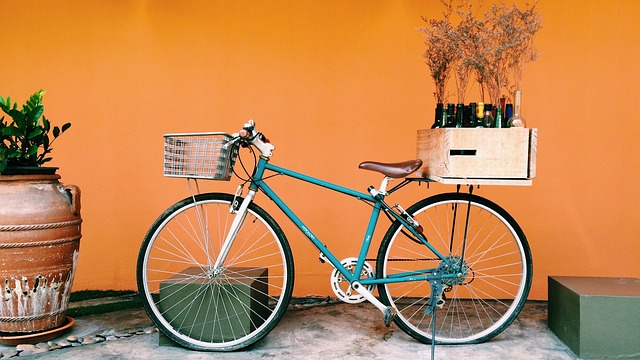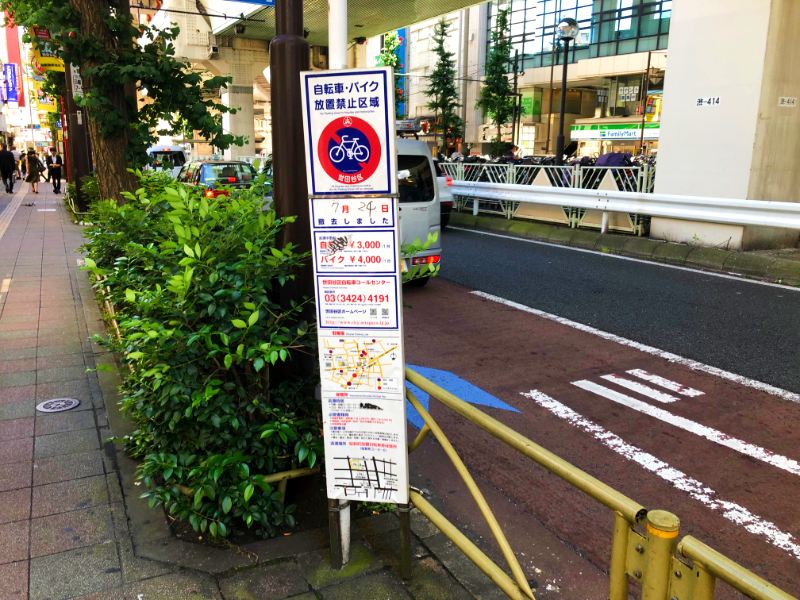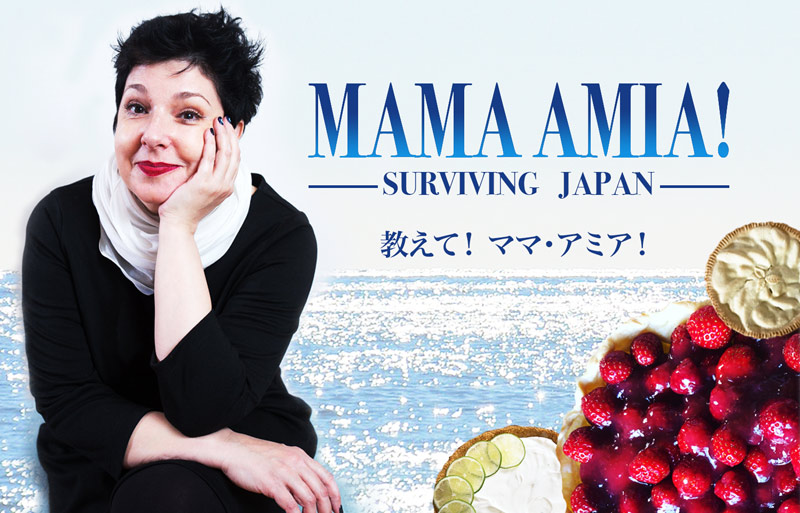A message of all foreigners living in Japan: From Mama Amia
A survival column to you in Japan–those working so hard, trying, sometimes succeeding and other times not–words of encouragement along with a strict “buck up” from your home-away-from-home mother-figure. Mama Amia shares everything from mental health survival tips to how to take out the trash. Come back to this column regularly for your virtual check-up. (Japanese readers welcome as well!) Today She is talking about “Life in Japan: Rules about that Bicycle”.
Life in Japan: Rules about that Bicycle

A heart-to-heart chat today. I’m not scolding. I just want to raise something to the surface. You’ve already noticed this. We simply need to go on record and get it out there.
It’s not our fault. We’re not Japanese. This isn’t our country. So long as we’re here, we need to accept and deal with the fact Japan is country of rules. Big rules, small rules, company rules, school rules, social rules, cultural rules. It’s endless. And, they’re a big deal, and you’re expected to know them, and you’re expected to follow them. Saying to the police, for example, “I didn’t know” will not get you off the hook. Japanese police are not known for their generous spirit. I’ll cover some of these rules in later posts but today we need to talk about your bicycle.

Assuming you have one, that is. I don’t. No way I’m going to be caught dead riding on the street or the sidewalk on a bicycle in Japan. That means, these are rules I’ve researched and/or been told of. There’s a lot of information online. Look it up. And, if you get really stumped, go to your police box. Ask politely what the rules are for registering your bicycle. Because, and here’s the rule, your bicycle must be registered.
The good news is if you’re buying a new bike the bike shop will do it for you. You have to pay but that’s the easiest route.
If you’re buying a used bike, from a friend for example, your friend has to cancel their registration and you need to re-register it under your name. If you don’t and you get stopped? If you get into an accident? If it gets confiscated because you parked illegally? Good luck. It’s on you for not knowing, and it’s on you for not registering. Again, we’re in a country of rules. The expectation to know these rules is on you. Is that fair? Yes. No. Life’s not fair. It’s best to accept this, deal with it, and move on. If you fight it you won’t win.
Re-registering your bike. Here’s what I found online. First off, the cost differs per city, ward, prefecture. In general, the information you’ll need to provide is the color, type, size (tires, especially), manufacturer of the bicycle; your name, address and whom you bought it from. You will also need ID and something in writing from the person from whom you bought it saying they do indeed give you permission to be the owner and that they’re transferring that ownership. You’ll get a sticker and that needs to go on the bicycle. In the end, it’s simply easiest to do this at the police station. Just go do it. Not doing it is far far far worse than doing it, even if you don’t want to, see why, think it’s stupid, or in general are feeling cantankerous.

IF you’ve parked your bike illegally and after you’ve had your dinner or meeting come out and see that it’s gone, you’ll also likely see something like this. You’ll need to go to this location identified on the sign (I’ve never seen a sign in multiple languages). You’ll need to take the cash, and you’ll need ID to show you’re you.
And lastly, motherly advice: Wear a helmet, don’t wear a helmet. Why you wouldn’t wear a helmet is beyond my ability to understand, as that’s going to hit the road (hard), a car (hard), and as it houses your brain, I’d think you’d want to protect it at all cost. Just putting it out there.
Be safe. Be smart. Helmets and registration. The latter is mandatory. The former? Be smart.


